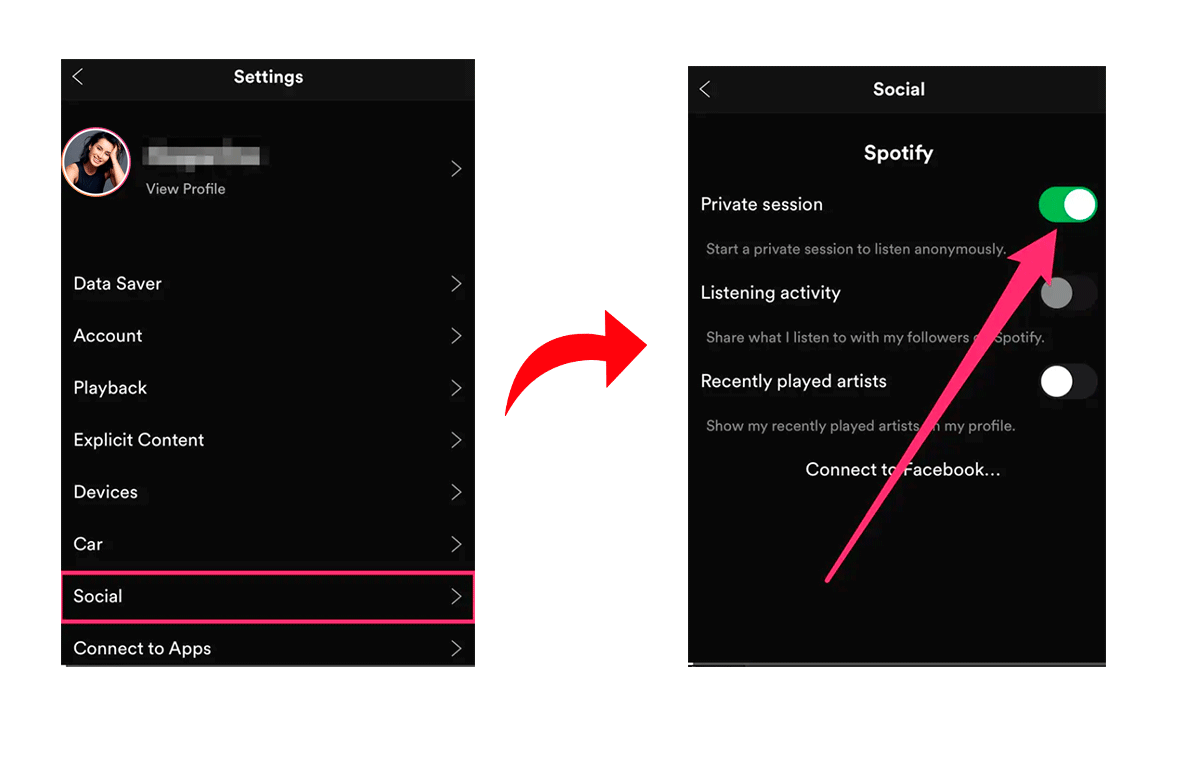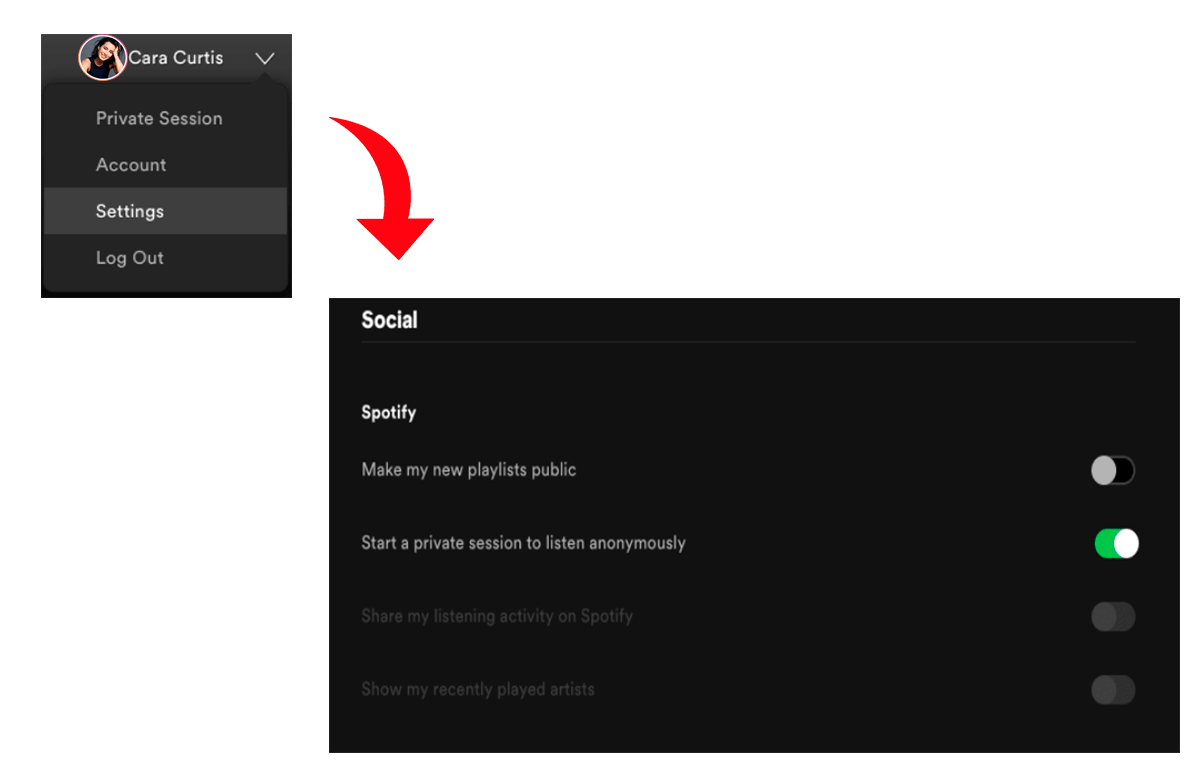How Spotify spying on you – and how to stop it
In an increasingly interconnected world, concerns about privacy and data security have become more prominent. This article delves into the issue of Spotify's data collection practices and sheds light on how it may be spying on its users. We'll explore the potential implications and, most importantly, provide you with practical tips and techniques to regain control over your privacy and stop Spotify from intruding on your personal information. Empower yourself with the knowledge and tools to protect your privacy while enjoying your favorite music streaming service.
Spotify spying on you even now and will soon catch you with its ads. Whether you’re listening to a playlist, on a run, or while cooking dinner, Spotify will tailor ads to fit your activity in the moment or even your mood.
Spotify also has ears and tracks on you
Facebook and Google are some of the biggest providers of advertising on the Internet. But Spotify doesn’t mind taking over that niche, either.
What’s more, the company has all the data it needs to do so.
Every day, hundreds of millions of people use Spotify on their phones, tablets, and desktops, most often staying on when they move from one device to another.
But unknowingly, with each new track they listen to, a playlist they add, or a podcast they share more and more personal information with Spotify.
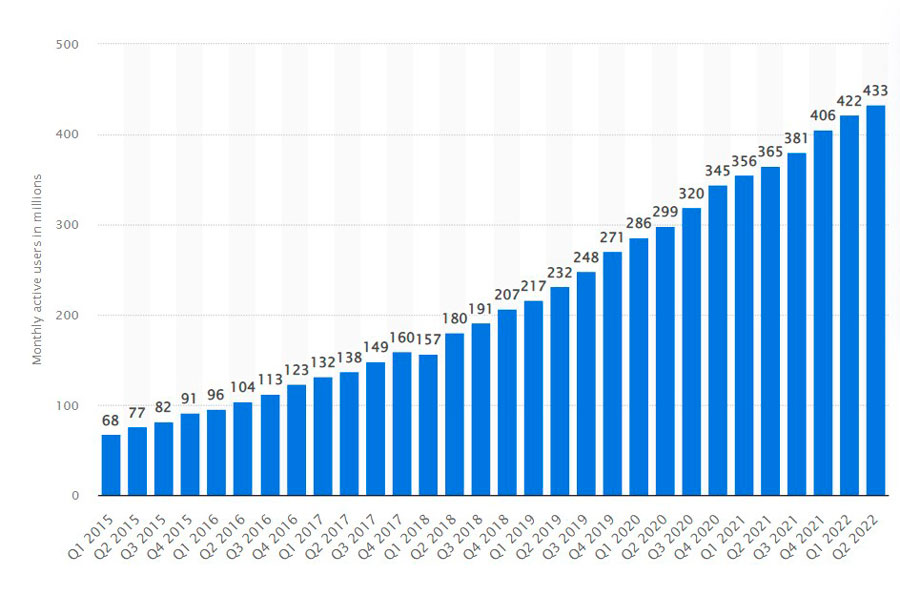
Number of Spotify monthly active users (MAUs) worldwide (Source: statista.com)
Spotify receives more than 100 million new recordings every day. Each one gives Spotify a little more information about our personal lives.
“Spotify has an unimaginable amount of data about us,” says Bryan Barletta, creator of Sounds Profitable, a newsletter about AdTech and current podcasts.
Spotify spying on you and understands the value of the data it has and of course, uses it to market its advertising services.
Of the program’s 465 million monthly users, 195 buy a subscription to avoid listening to ads.
The other 200 million simply put up with it.
So what Spotify really knows about you and how you can limit the collection of your personal data?
How is Spotify spying on and knowing about you?
All actions you take on Spotify services are tracked by the company. Data is collected from all desktop and mobile apps.
Every time you press a button, turn on a song, listen to a playlist, search, shuffle tracks, and pause is logged into the system.
Spotify knows that you turned on a song called “Umbrella” by Rihanna at 08:03 and listened to it for a couple of minutes.
You then decided to type “break up” into your search and opened a playlist called “ANGRY BREAKUP PLAYLIST” that you listened to for 4 hours and 52 minutes without a break.
This behavioral data could easily be obtained by the company, which is very telling.
Back in 2015, when Spotify had just 15 million paid subscribers, one of the firm’s executives said that they were collecting “a huge amount of data about what people were listening to and where and under what circumstances it was happening.”
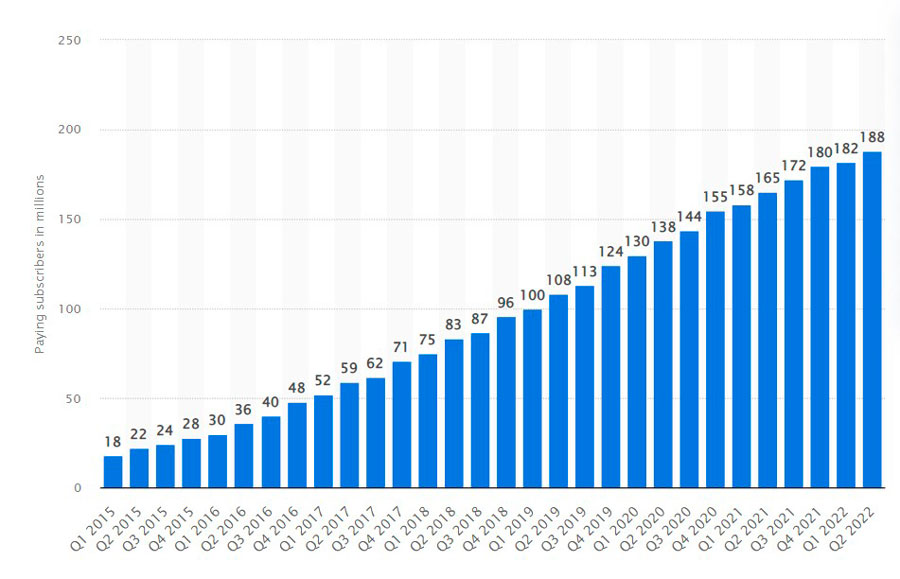
Number of Spotify monthly active users (MAUs) worldwide (Source: statista.com)
This gives the company an idea of what its users are doing at any given time. The music you listen to reflects how you feel, who you are with, and what you are doing.
To make the most of this, Spotify has invested heavily in the science of data analytics and has even used people’s habits to advertise more effectively.
For example, you might hear the following ad, “Dear user living in the Theater District you have listened to Hamilton’s soundtrack 5,376 times, would you like to go to his concert?”
This personalization of advertising can be beneficial for companies that want to draw people’s attention to their products.
Based on your behavior, Spotify makes certain “inferences” about you, with the results reflecting your interests and preferences.
That’s not the only data Spotify collects, however. If you really want to understand what the company knows about you, you need to read its privacy policy. It’s worth saying that this document is not small at all.
He has previously been involved in an analysis of how Spotify manages available user data.
In general, the rest of the data Spotify spying on you and has about you is the information you provide to the company when you create an account.
This makes your username, email address, phone number, date of birth, gender, actual address, and country of residence available to it.
If you decide to sign up for a paid subscription, you will also provide Spotify spying on you with your credit card information.
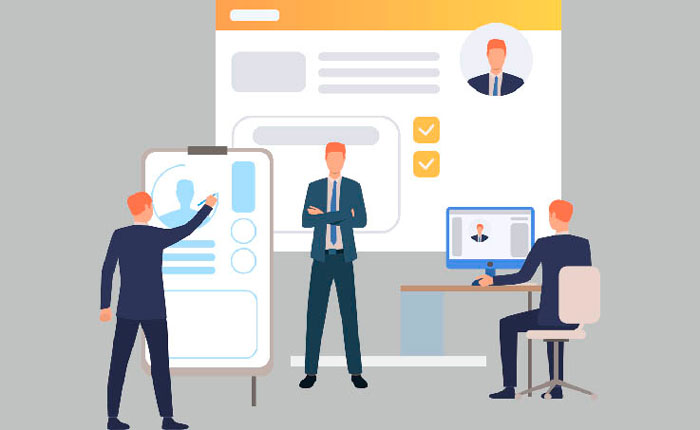
The company’s privacy policy states that it may collect information about cookies, IP address, the type of device you use, browser, operating system, and certain other gadgets connected to your Wi-Fi network.
Spotify can also collect “data from sensors responsible for the user’s movements and the orientation of your smartphone screen,” i.e., information from an accelerometer or gyroscope.
If you use Spotify’s voice control, the program will be able to record your commands.
In addition, Spotify gets additional information about you from other companies and services. For example, if you sign in with your Facebook account, the program will “import your data” from there, including your user ID.
Other “service partners” provide Spotify with information that includes IP addresses displayed on a map so the company can figure out what city and country they live in.
All of this data gives you virtually limitless possibilities for personalized advertising just for you. And it’s very likely that you won’t be able to refuse such advertising extensions.
Spotify ads
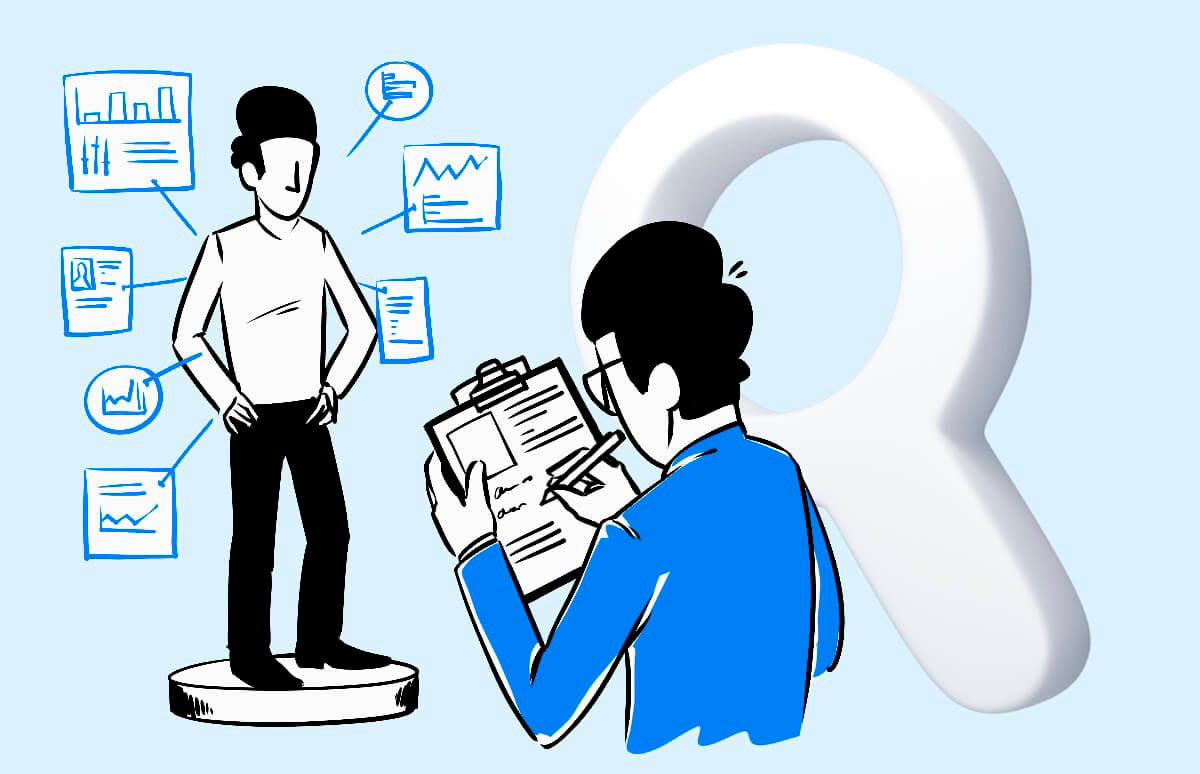
The data Spotify collects is not uncommon – other apps and services you use sometimes get even more personal information about you.
But Barletta believes the advantage of Spotify is that the company feels closer to your personal life than Facebook or other social networks because it uses different algorithms.
It’s behavioral data that helps Spotify make great strides in personalizing ads.
The app’s privacy policy states that it can use the information it receives to personalize how the app works, troubleshoot problems, develop new features, market and advertise, and resolve legal issues.
Many of the personalization features are related to the systems that are responsible for recommending new songs and playlists.
It’s worth noting that Spotify’s advertising business is most tied to its growing podcast empire.
The company’s privacy policy says it works with “advertising partners” to share data and determine your “interests or preferences.”
The more relevant the ads, the more likely they are to be profitable.
Spotify is proving by example the fact that ads can be targeted to your mood and what you’re doing at a particular moment in time.
Do you like dance music? You’ll be shown appropriate ads.

However, if you like folk songs, the ads will probably be different. Listening to a playlist called “Romance” on a Friday night?
The ads will be very different from the ones you’ll hear on Sunday morning while playing the “On the Road” playlist.
Spotify spying on you and selling ads based on what you do — it’s called real-time contextual advertising.
The company cites 10 different situations in which you might find yourself: relaxing, dining, playing, partying, traveling, cooking, concentrating, vacationing, studying, or working out.
Spotify even offers advertising promotion tips in said contexts.
This all comes in addition to other common categories of advertising, targeting parents; those interested in healthy eating and fitness; being an Android user, etc.
The Conundrum of Connectivity: Can You Track a Phone Without a SIM Card?
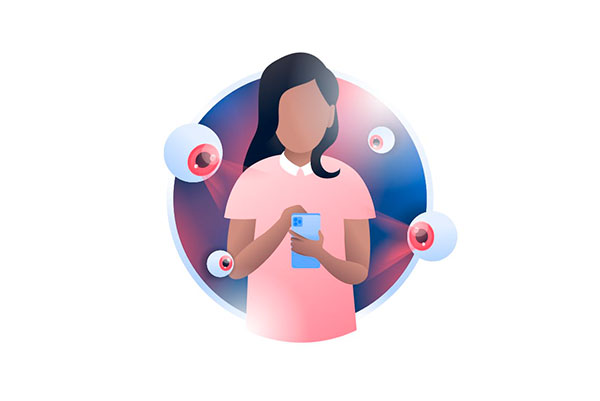
In the grand theatre of technological marvels, we often find ourselves presented with intricate riddles.
One such riddle that persistently tugs at the curtain of our curiosity, derived from numerous cell tracker reviews, is whether we can track a phone without a SIM card. Join us as we attempt to untangle this enigma, spotlighting the intriguing interplay of technology, connectivity, and detective work.
The Grand Enigma: The Phone Without a SIM Card
Picture the scene: a phone without a SIM card. A device seemingly disconnected from the world, silent in its solitude. Yet, with the application of cell tracking technology, can it make its presence known? Can this isolated gadget be tracked, located, its position pinpointed on the vast digital map that defines our interconnected world?
The Illustrious Cast: SIM Card and Tracking Technology
As we delve into the question at hand, it’s essential to understand the actors on our stage. The SIM card, the portable identity of our mobile devices, plays a key role in connecting our phones to the cellular network.
Conversely, cell tracker technology harnesses this connection, enabling us to locate devices. But what happens when the SIM card exits stage left, leaving the phone without its usual means of connection?
The Plot Thickens: Insights from Cell Tracker Reviews
To answer our question, we turn to the script of cell tracker reviews. While the majority concur that the presence of a SIM card aids tracking, they also highlight that it’s not the sole method. Indeed, technologies like Wi-Fi and GPS can play the leading role in our tracking drama when a SIM card is absent.
Revelations in the Final Act: Yes, You Can Track a Phone Without a SIM Card
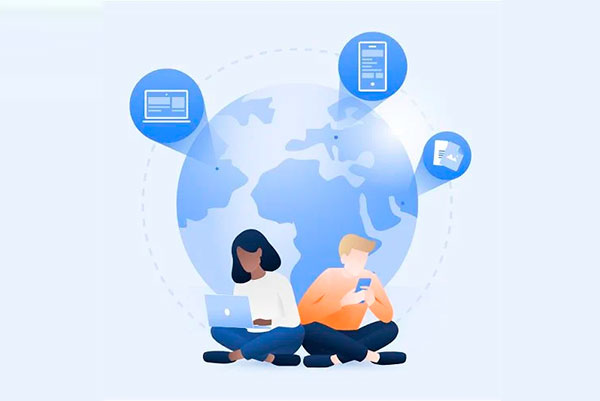
As the curtain falls on our conundrum, the spotlight reveals the answer: yes, a phone without a SIM card can still be tracked. The supporting cast of GPS and Wi-Fi, coupled with certain tracking applications, can step into the limelight, helping locate the device. As the applause echoes, we realize that in the grand theatre of technology, no actor is indispensable.
As we exit the stage, we realize that the world of technology is a play with an ever-evolving script. A phone without a SIM card, far from being a silent, disconnected entity, can still echo across the digital stage, its location traced by the persistent pursuit of cell tracking technologies.
So the answer to our question, thanks to the chorus of cell tracker reviews, is a resounding affirmation that even without a SIM card, a phone can be tracked.
How to stop Spotify from spying on you
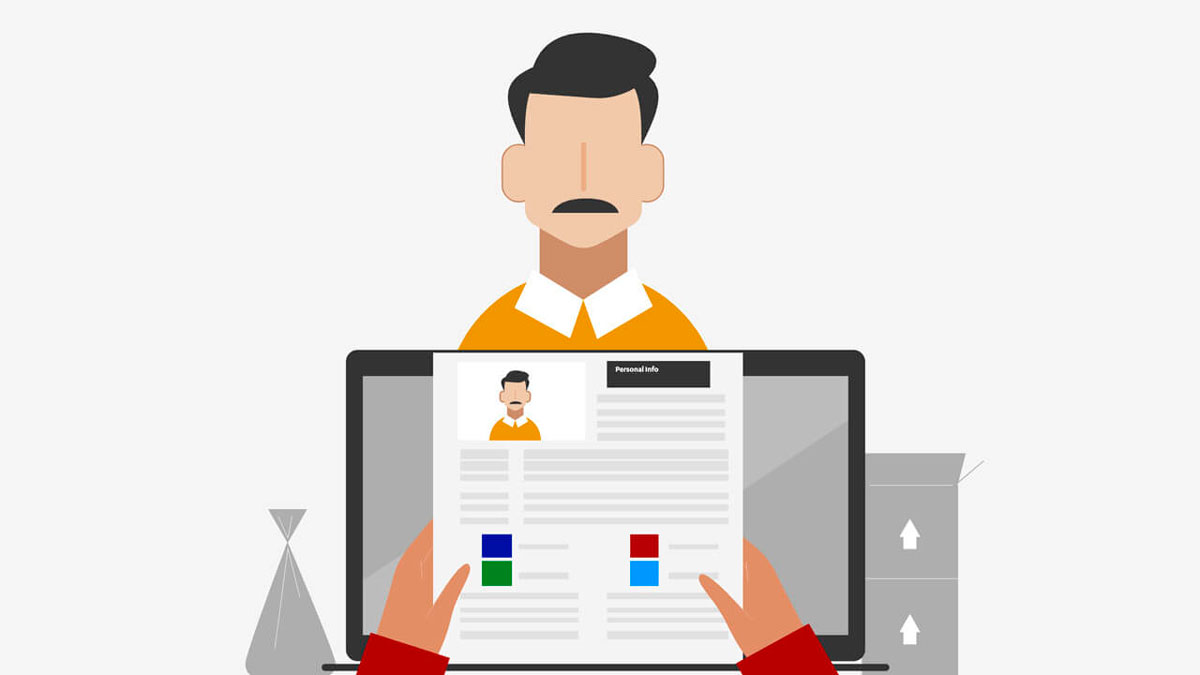
There are several ways to limit Spotify’s use and collection of your data, but not many.
Also, more information should be given about how people can use the app privately. That could include adding special privacy checks from Spotify, where users can see their chosen settings.
But what can be done now?
You should turn your attention to the “Private Mode” feature, which is listening to music anonymously.
By default, your Spotify listening history can be seen by people who subscribe to you.
One way to listen to tracks privately is to use the “Private Mode” option, but you’ll have to turn it on every time you open the program.
To activate this feature on your phone or tablet, go to the app settings, open the “Privacy” section and turn it on.
While this mode doesn’t allow people who subscribe to you to keep track of what you’re listening to, it won’t stop Spotify from logging that information.
The company claims that what you listen to in private mode “may not affect” the recommendations in the music the program offers you.
The Spotify desktop app has one main privacy-related setting, though it’s hidden behind various menus.
- Click on your username in the upper-right corner of the program, go to settings, and scroll down the page to get to more options.
- Here you’ll be able to block all cookies from being sent in this Spotify desktop app.
- In addition, in the advanced settings, you can choose whether you want to post new playlists, share your Spotify activity, and receive instant notifications.
Individual playlists can also be hidden by going to them and using the appropriate option.
Most Spotify privacy settings are accessed online through your account page.
This is where you can turn off targeting ads.
Go to your account settings under “Privacy,” and then change the settings to show personalized ads.
It’s worth noting that the number of ads won’t decrease.
While you’re looking at your privacy settings, you should also turn off data imports from Facebook – this will prohibit Spotify from using any information about you other than registration information that was obtained from that social network.
This page also allows you to download data about your activity, including search logs, music playlists, streaming history, voice commands you’ve sent, and things Spotify spying on you and thinks you’re basically interested in.
In the Spotify online settings, you can also see which applications have access to your account and disable the ones you no longer need.
For example, you may want to disable the old Alexa speaker that you previously used to play music or the AdGenerator tool.
Another aspect to consider if you’re listening to Spotify over the Internet is using a private browser that will limit the collection of third-party cookies.
It’s worth mentioning that a lot of companies give your data to Spotify in this way.
On iOS, you can prevent Spotify – and all other apps – from tracking your smartphone activity by changing the app’s transparency settings for tracking.
Unfortunately, using Spotify without providing your personal information is impossible.
You can hide tracks found in albums or public playlists, and then Spotify will skip that song if it appears in your play queue.
You can only use the "hide" feature on tracks via the Spotify mobile app — there is no way to do it from the computer desktop or browser, with a lone exception.
1. In the Spotify app, open a playlist or an album that has a song you want to hide.
2. In the track list for the playlist or album, tap the three dots to the right of the song you want to hide.
3. In the menu, tap Hide song (on iOS) or Hide this song (on Android).
Spotify used to let you see who liked your playlist on a detailed level back in 2013. However, the streaming giant got rid of this feature and didn't reimplement it. Now you can see a list of subscribers to your Spotify profile, but not who follows your playlists. So Spotify only lets you see the total number of likes on each playlist.
But if you want to see who likes your playlists by following these steps:
1. Select your library and then click your profile icon.
2. Then select ‘View Profile’ and tap ‘Playlists.’
3. A total likes count will appear below each playlist.
The Spotify play queue button is only available for Spotify Premium subscribers.
Android and iOS devices.
Open the current song in full-screen mode and tap the Queue button in the lower right corner. Tap the Clear Queue button next to Next In Queue.
For desktop apps and web player.
Click the Queue button on the playback panel at the bottom of the interface. Then click the CLEAR QUEUE button to the right of Next in Queue.
